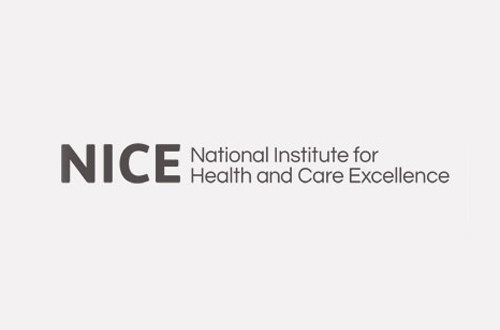
The National Institute for Health and Care Excellence (NICE) has said it is reviewing the current guidance for two lung cancer drugs: Roche’s Tarceva and AstraZeneca’s Iressa.
The agency published updated draft guidance today (February 4) that indicates epidermal growth factor receptor (EGFR) inhibitor Tarceva (erlotinib) is no longer recommended as a second-line treatment for non-small cell lung cancer (NSCLC) patients because it does not meet cost-effectiveness criteria.
Roche has reacted strongly to the draft guidance, saying it leaves around 1,000 NSCLC patients a year with “no active anticancer treatment option when first line therapy fails”. Docetaxel is also used second-line but cannot be tolerated by some patients.
NICE originally backed Tarceva to treat NHS patients with locally-advanced or metastatic EFGR mutation-positive NSCLC in 2012, having previously rejected the drug in this setting because of a lack of data, after Roche agreed to discount the price of the drug.
In its guidance, NICE said the changes reflected the position that retreatment of NSCLC after failure of first-line EGFR inhibitor therapy is not common in clinical practice because of reduced sensitivity of the tumour to these treatments.
Moreover, it also took into account the results of the TAILOR trial, which was presented last year and found that erlotinib was less effective than docetaxel in extending progression-free survival (PFS) when used in NSCLC patients without any mutation in the EGFR gene.
In a Roche statement, Dr Mick Peake, consultant physician at the University Hospitals of Leicester NHS Trust, said: “the decision to remove what has become a standard of care will make our job as clinicians more difficult, particularly impacting on some of our sickest patients.”
“It seems perverse that this NICE guidance will limit the treatment options available to only docetaxel, given that the independent evidence review shows the total NHS treatment costs of docetaxel to be higher than those of erlotinib,” he added.
The guidance review also covers AZ’s EGFR inhibitor Iressa (gefitinib), which is currently recommended as a first line treatment for people with locally advanced or metastatic NSCLC if they test positive for the EGFR-TK mutation, but not as a second-line treatment.
In the new draft guidance NICE recommends Iressa for people who have received non-targeted chemotherapy because of delayed confirmation that their tumour is EGFR-TK mutation-positive.
In its response AZ said it had submitted evidence for the NICE review and that it believes that “all patients with non-small cell lung cancer should have their treatment guided by their unique tumour marker status to secure an optimal sequence of treatment”.
The updated guidance is out for consultation until February 24, and will be finalised in June.




